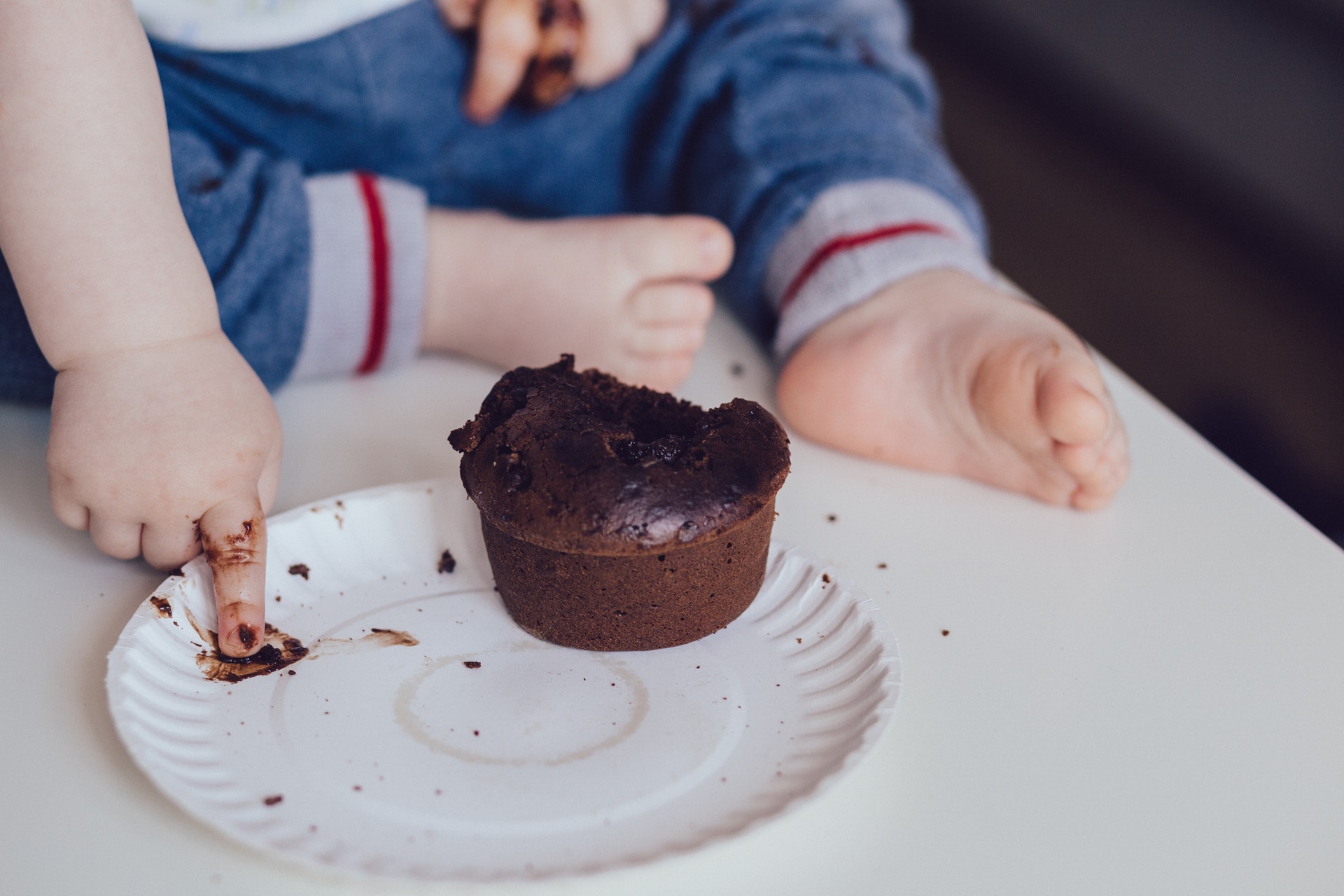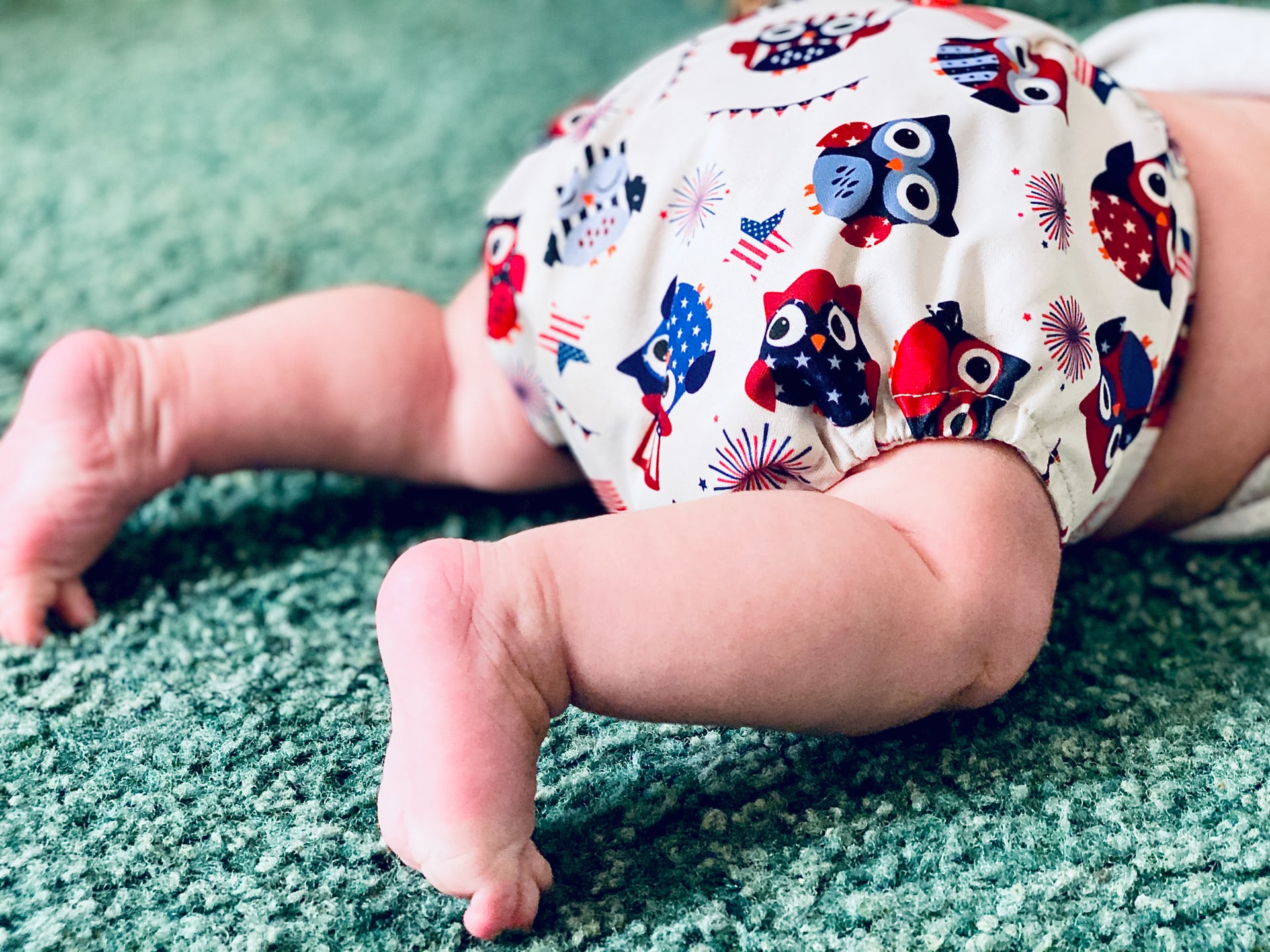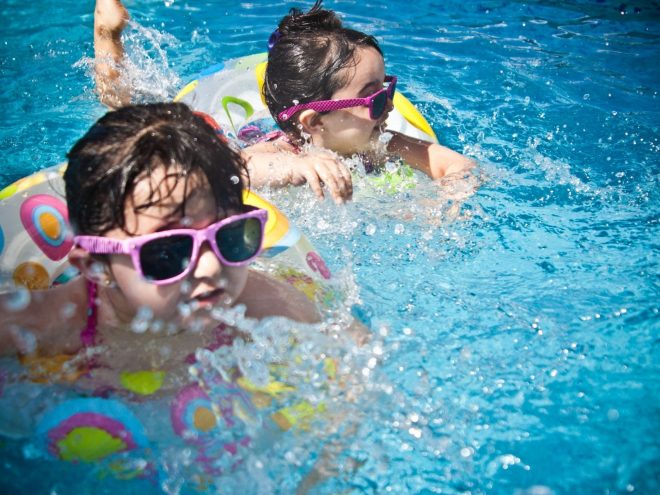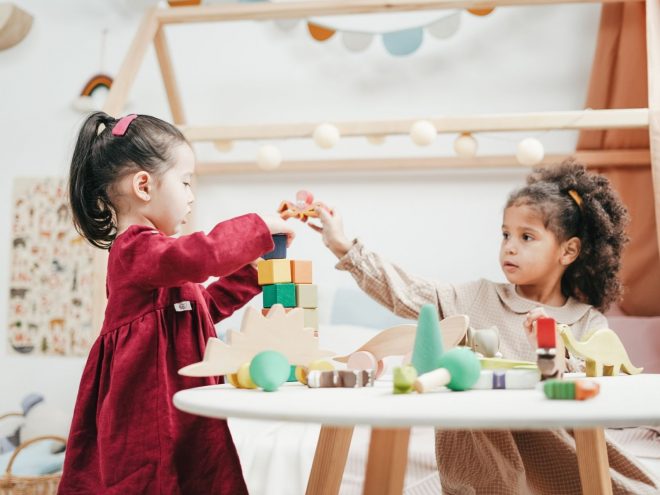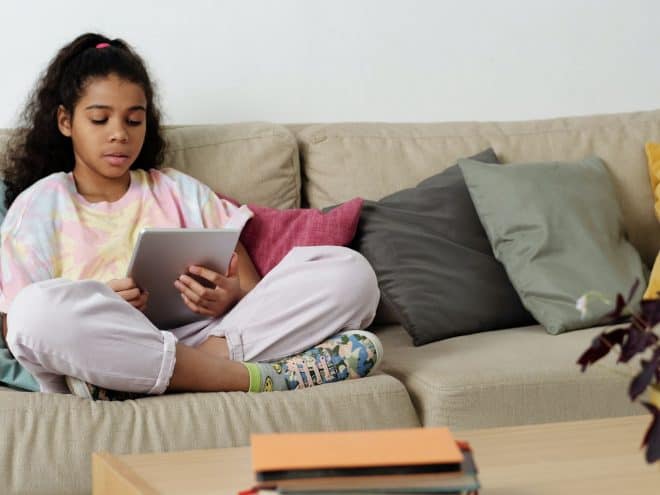Feeding a toddler can be an adventure, but it’s possible to prevent food from going to waste. Having kids means you have unpredictability and uncertainty. Sure, there are some things you can predict will happen day today, but for the most part, your day will be full of surprises and new occurrences. This is especially true when it comes to eating. What your child enjoys one day might become their most hated food the next. Also, you’ll never know exactly how much your child will eat from one day to the next. Feeding a family can be expensive — and that cost increases when you throw away half-eaten foods. To stretch your dollar further and cut down on food waste with your toddler, follow some of the suggestions below.
Serve Smaller Portions
Since kids can be picky and unpredictable when it comes to how much they want to eat, it’s best to serve them small portions and refill their plates/bowls when they want more. This will help cut down on the amount of food that gets thrown away at the end of the meal. If your child isn’t overly hungry, you may also choose to save the leftovers from your child’s plate for later. When they decide they are hungry, their plate will be ready and waiting for them, and that food won’t have to go to waste.
Don’t Force Your Child to Eat
Your child knows their when they’re hungry and when they aren’t. It’s always nice to be able to sit down and have a family dinner, but if your toddler isn’t hungry, you can’t force them to eat. You may require them to sit with you at the table while the rest of the family eats, but don’t insist that they eat their dinner. Save their food for when they are hungry, so they learn healthy eating habits by listening to their body and then having an acceptable meal choice.
Give Your Child a Choice
One of the things toddlers crave is independence and being able to make their own decisions. Of course, they are still young and might not always make the best choices, but if you narrow the decision down to two choices, this can go a long way in reducing food waste. Being able to decide what to eat will help your toddler feel like they have some control, and it may inspire them to eat the meal they picked.
Ask About Food Servings
Like giving your child a choice, asking before you put something on your child’s plate will reduce the amount of food wasted. You may strongly suggest your child try everything you have prepared for them, but getting into a power struggle over food isn’t going to help them become better eaters. Your child may be more willing to eat what you serve if they decide where it goes on their plate and how much they get. Plus, if they don’t like it and don’t want it, then you don’t have to throw it away later.
Involve Your Child in Meal Preparation
Your toddler probably won’t be able to do much when it comes to preparing for dinner, but having them help where they can will make them feel like they are a contributing member of the family. Have them help you set the table or add a finishing touch to a dish, such as sprinkling cheese. Make sure they can handle the task, and hopefully they’ll be more willing to eat the meal they helped prepare.
Cut Food Up
When it comes to fruits and vegetables, it’s pretty rare that a toddler will eat an entire apple, pear or banana in one sitting. They might, of course, depending on the day, but more than likely, you’ll waste a lot of fruit and vegetables if you give them to your child whole. Cutting up fruits and veggies will let you serve smaller portions to your child and give them more if they ask for it. The rest can be saved in sealed containers for a few days, so those can be served again, reducing the amount of waste.
Put a Lid on It
No matter how you feel about sippy cups and kids, having a cup with a lid on it will reduce the amount of spillage at meal times. Juice and milk can be expensive, and you want the liquid getting into your child’s system, not all over the floor. If you are dead set against using a sippy cup, use cups with lids and straws to reduce spillage.
Don’t Be Afraid to Rewash Food
Just because food hits the floor, that doesn’t mean you have to throw it away. Fruits and vegetables can be rewashed and served again to your toddler. These foods started out in the dirt, so a little more from your floor, which will be washed away, won’t hurt them!
Give Leftovers New Life
The majority of kids turn up their noses to leftovers. For whatever reason, they think food is less appealing and tasty if it isn’t fresh. But cooking new meals every night is expensive, and throwing away anything that doesn’t get eaten is wasteful. Transforming leftovers into new dishes will help reduce the amount of wasted food and let kids think they are eating a whole new meal.
Finish Their Food for Them
While it might not be the ideal solution, it’s certainly an option. Whatever your toddler doesn’t finish can be divided and shared among the rest of the family. It will cut down on food waste and ensure everyone gets enough to eat.
Compost
Consider composting small bits and scraps of food that you have to get rid of. This is a great way to reduce the amount of food waste from your toddler, and it’s environmentally friendly and sustainable.
Your Toddler Doesn’t Have to Waste Food
It might seem like an uphill battle to stop wasting food when you have a toddler, but it doesn’t have to be. Serve smaller portions, give your child a degree of independence when it comes to eating and re-use the food you can. Your wallet will thank you.
